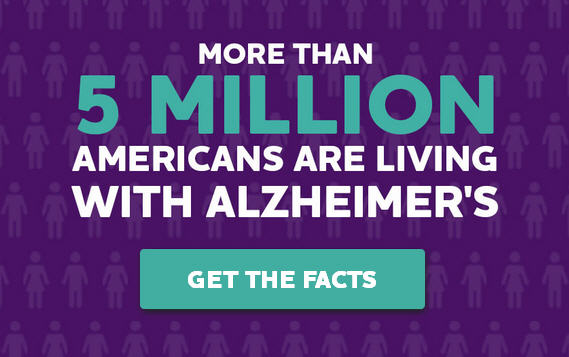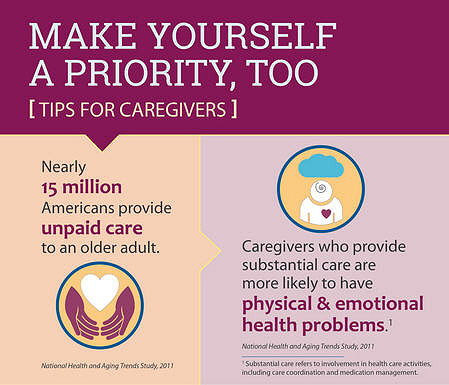(HealthCentral.com) Many people who have Alzheimer’s disease experience times, generally as daylight fades and evening approaches, when their symptoms intensify. This phenomenon is called sundowning. It’s thought that sundowning stems from a combination of factors such as disorientation due to lack of light, natural fatigue and abnormal disruptions in the body clock. While there’s no cure for sundowning some medications can help. Lifestyle changes can be a vital part of managing sundowning behavior, as well. Below are some tips that may help you and your loved one cope with this often frustrating end-of-day behavior:
1. Full Spectrum Light: Talk with your loved one’s doctor about obtaining a full spectrum light such as the type used for seasonal affective disorder (SAD). The National Institutes of Health’s review of several studies found that exposure to increased light in the morning led to decreased agitation and confusion, improved sleep quality and better cognitive functioning for the person with Alzheimer’s disease. Even simply replacing standard light bulbs with over-the-counter full spectrum lights may help. Also, turn on the daylight bulbs before natural light grows dim.
2. Socializing and activity levels: Keeping the person with Alzheimer’s disease active can contribute to a more satisfying life. Adult day care can be helpful since appropriate activities encourage elders to stay busy as well as socialize with peers. Since some people who suffer from sundowning feel anxious about something they feel that they must accomplish, having gone out to ADC can help them feel satisfied - as though they’ve come home from work. At home, involving your elder in household activities such as folding clothes or easy cooking can offer some of the same satisfaction.
3. Avoid caffeine especially after noon: This may seem obvious, but many drinks such as soft drinks and hot chocolate contain caffeine. Try to substitute decaffeinated products to limit the stimulant.
4. Discourage too much napping. Again, adult day care or other activities can help prevent napping out of boredom. It’s natural for anyone who has slept a great deal during the day to be wakeful at night.
5. Manage pain. People with Alzheimer’s often can’t self-report when it comes to pain. Work closely with the doctor to manage any pain so that relaxation is possible.
6. Offer frequent meals and snacks: Older people often don’t digest large meals as efficiently as younger people, so light meals may ease digestion and stave off hunger. If your elder wanders at night, offering a snack may help him return to bed.
7. Control stress: Keeping days as stress free as possible is helpful, however, as the evening draws near eliminating stress becomes even more important. In a busy family, or even in a busy nursing home, meal time can become noisy and upsetting to someone with AD. Do what you can to keep this time as quiet and serene as possible.
8. Develop and follow routines: Most people with Alzheimer’s and many other dementias feel comforted by routines. While boredom is something you want to prevent, staying with a routine is reassuring.
9. Music: Observe your elder to see how he or she responds to certain types of music. While the big band sound may be a wonderful way to get energized during the afternoon, perhaps some soft instrumental music is a better choice as the day comes to a close. Harp music is known to be particularly relaxing for elders and people with severe cognitive disabilities. There are CD’s available.
10. Watch for personal triggers: We are all individuals so what works well with one person who has Alzheimer’s may not work as well with another. Some days are better than others for all of us. There’s no reason that people with Alzheimer’s disease should be different. Over time you may see a pattern. Taking notes may help clarify these problem areas. This knowledge can help you determine if music is soothing or stimulating or additional light has a positive effect in the evening or simply makes your elder more anxious. Watch for personal triggers that can set off a bad night and try to eliminate what you can.

http://www.healthcentral.com/alzheimers/c/62/166269/10-tips-alzheimer-sundowning
By Carol Bradley Bursack
Sources:
National Institutes of Health (2011, November 4) retrieved from https://www.ncbi.nlm.nih.gov/pmc/articles/PMC3246134/
Alzheimer’s Caregiving Tips: Retrieved from http://www.nia.nih.gov/sites/default/files/alzheimers_caregiving_tips_sundowning.pdf
© 2016 Remedy Health Media, LLC







